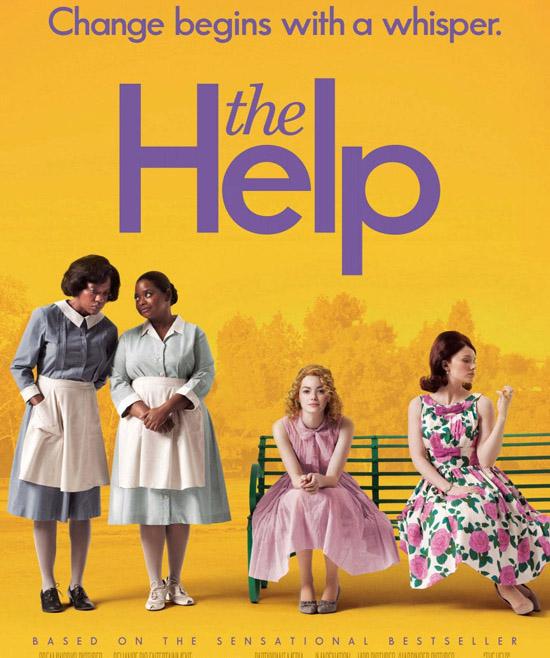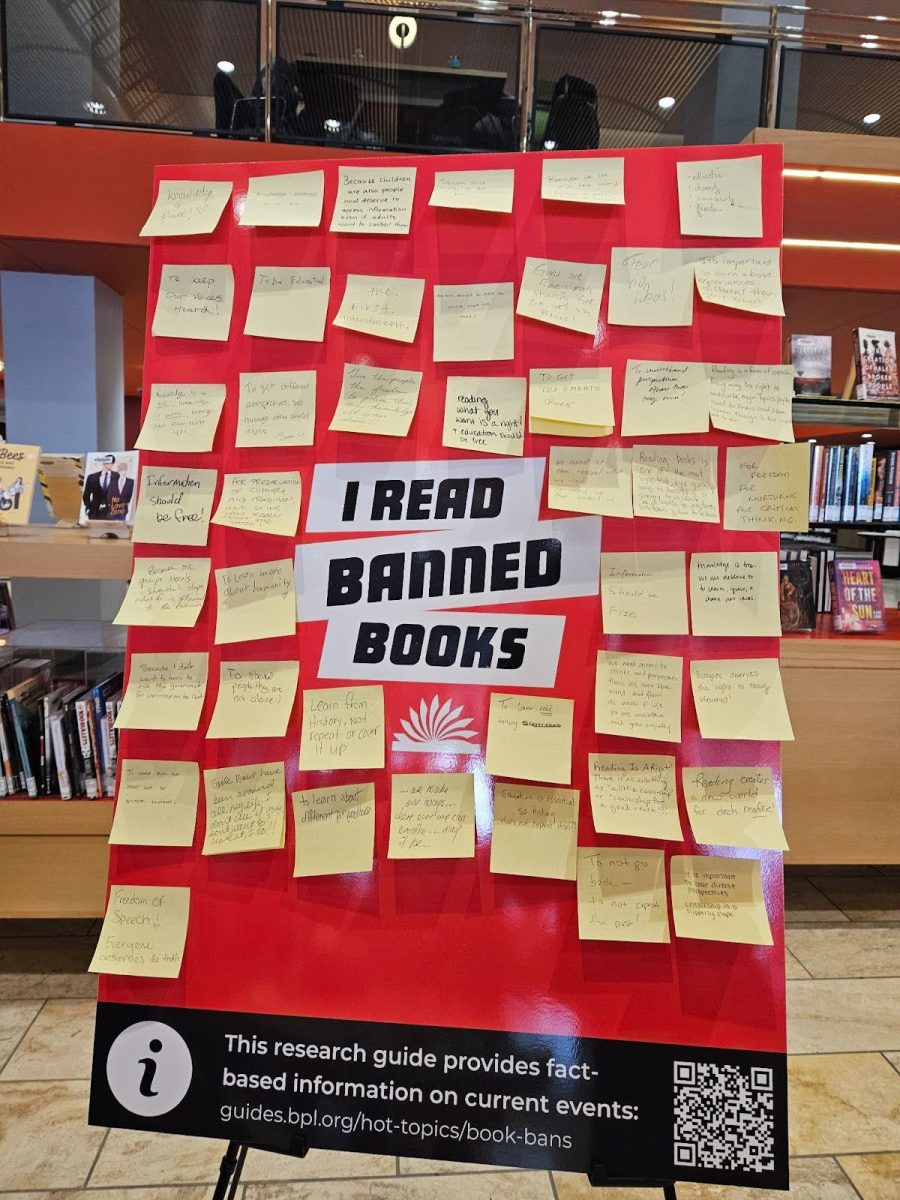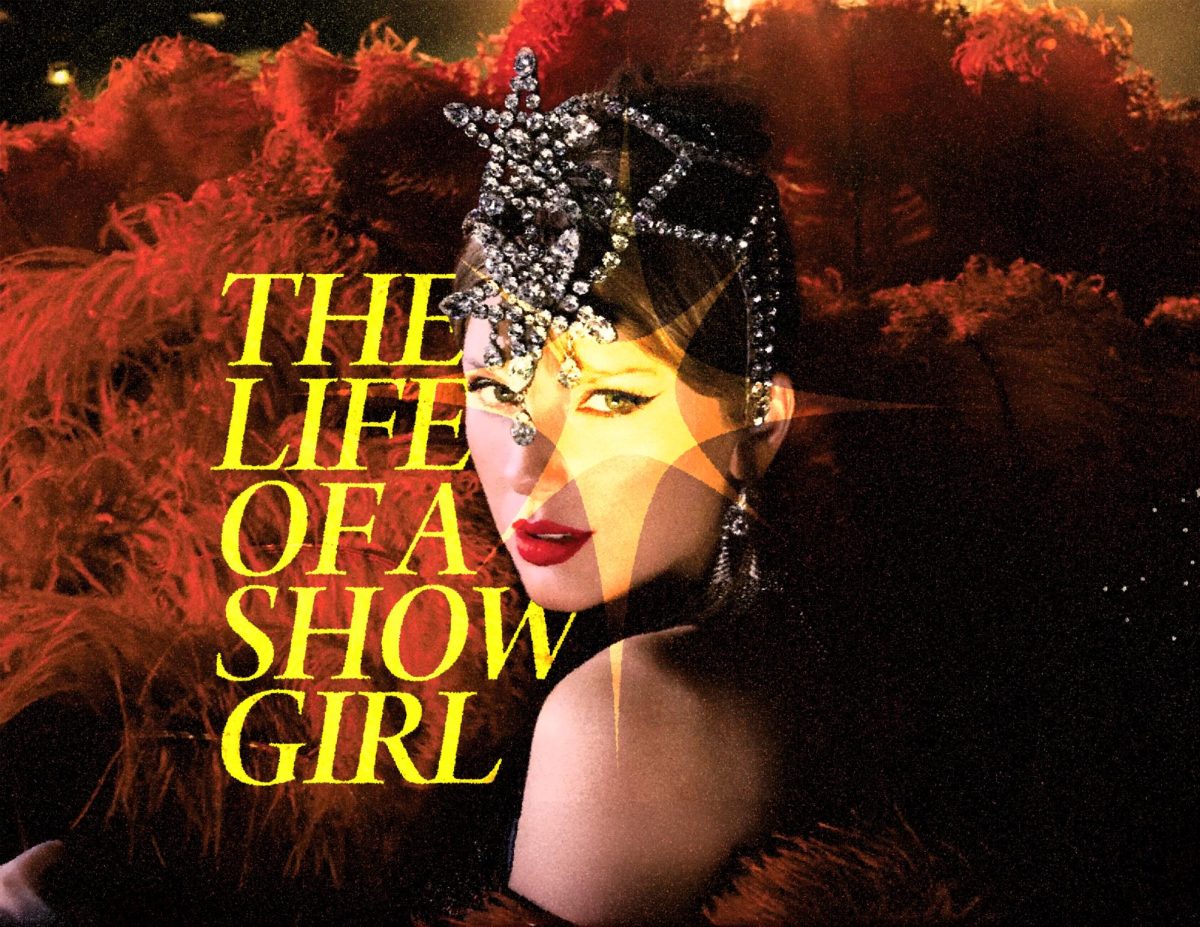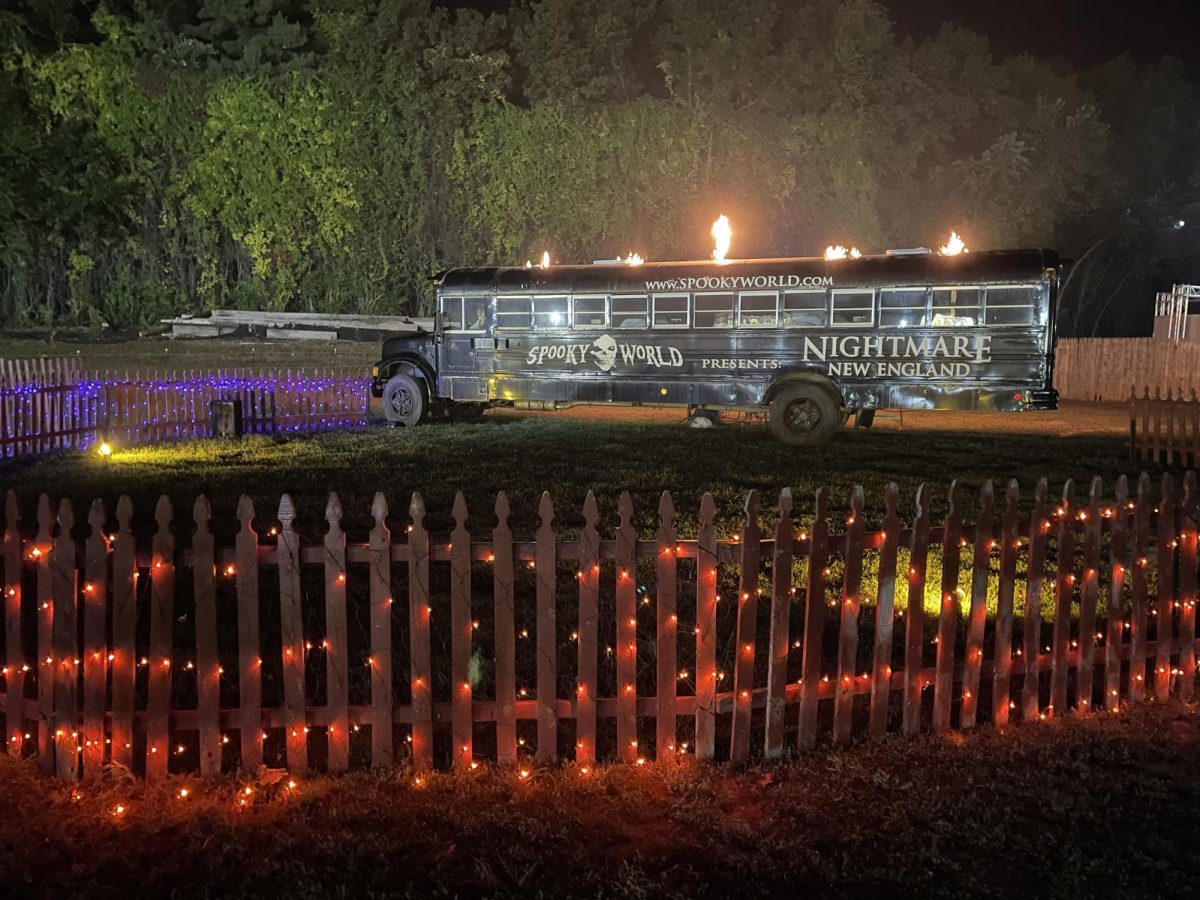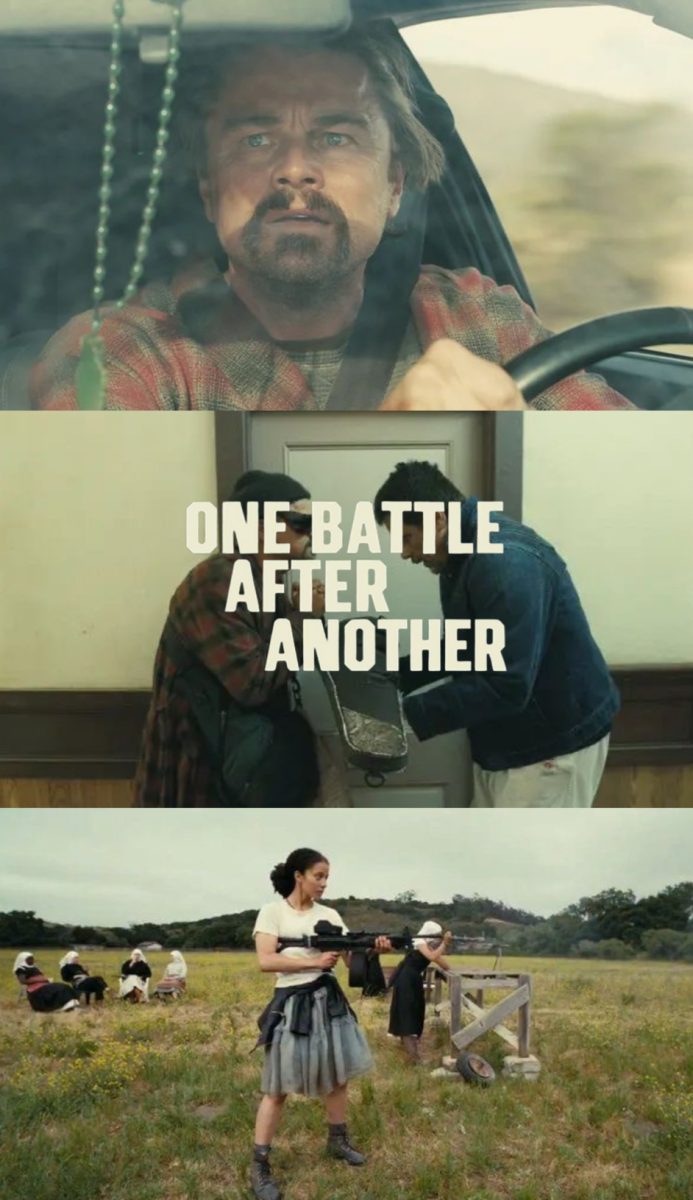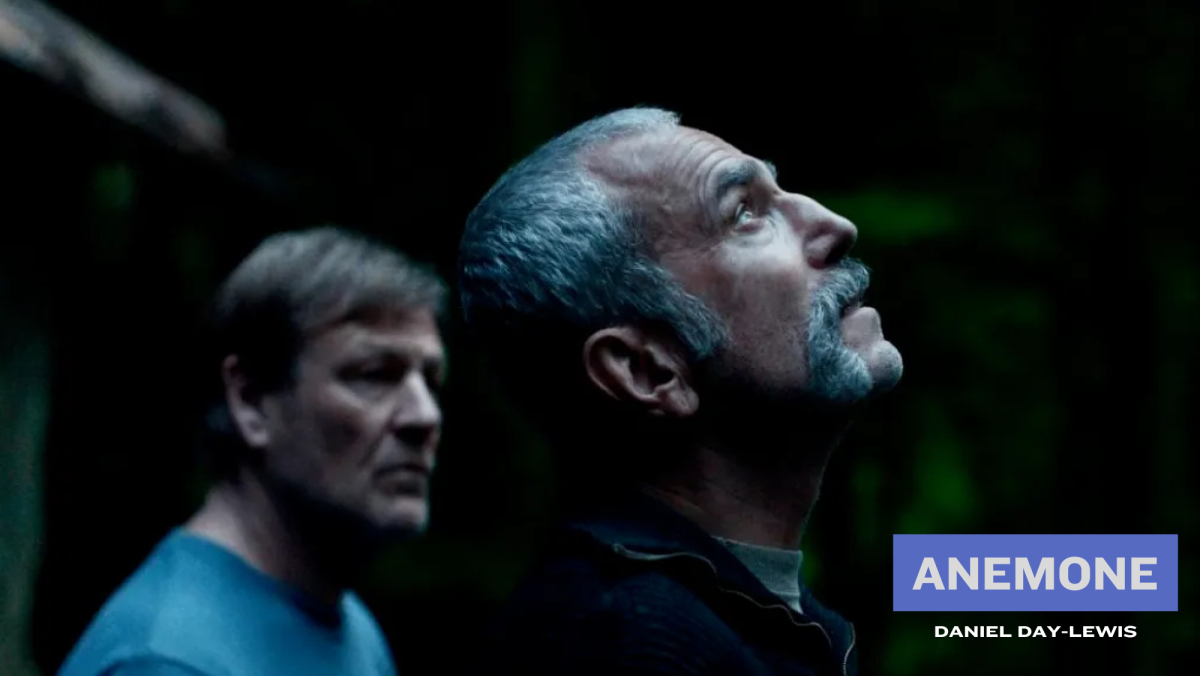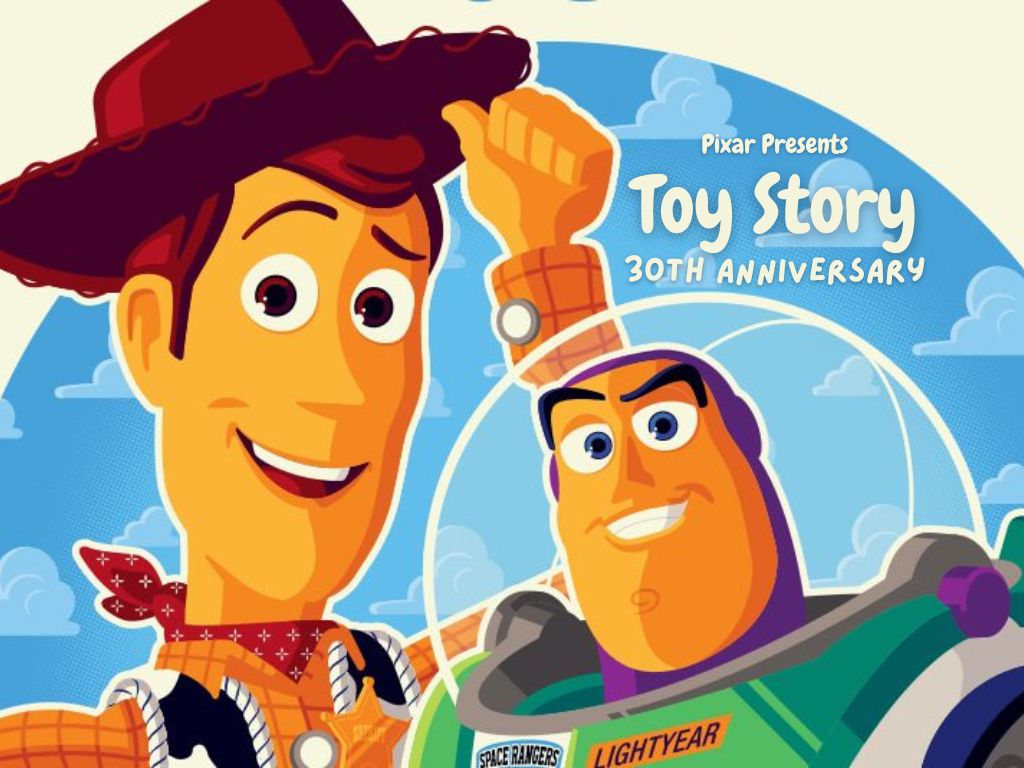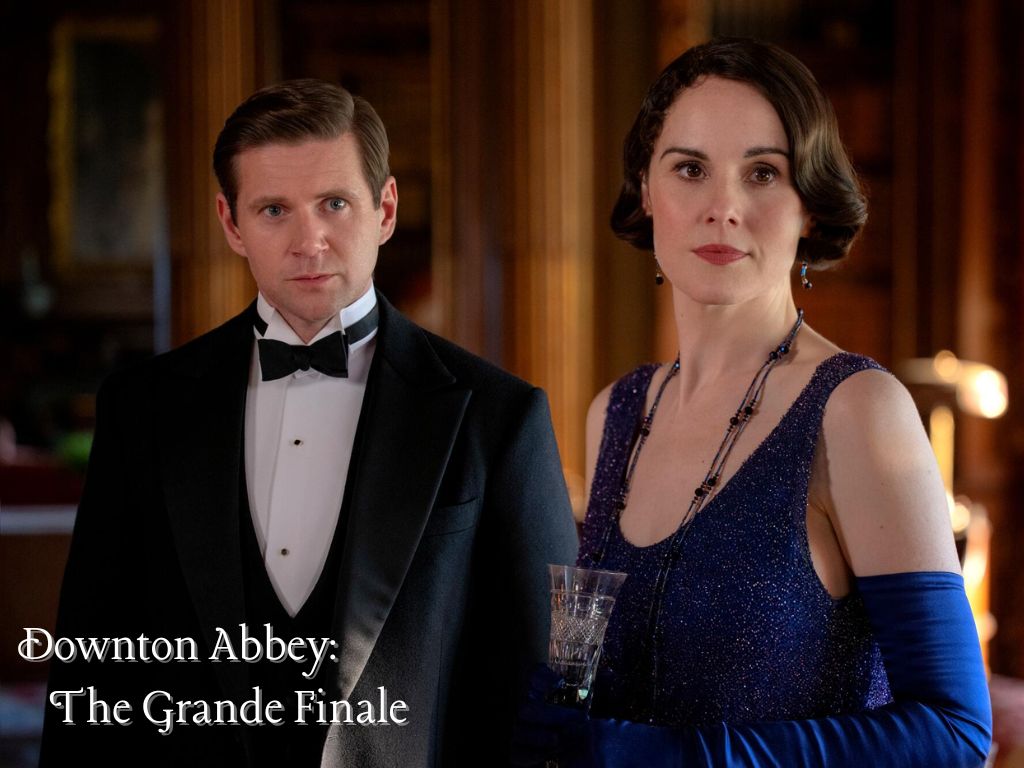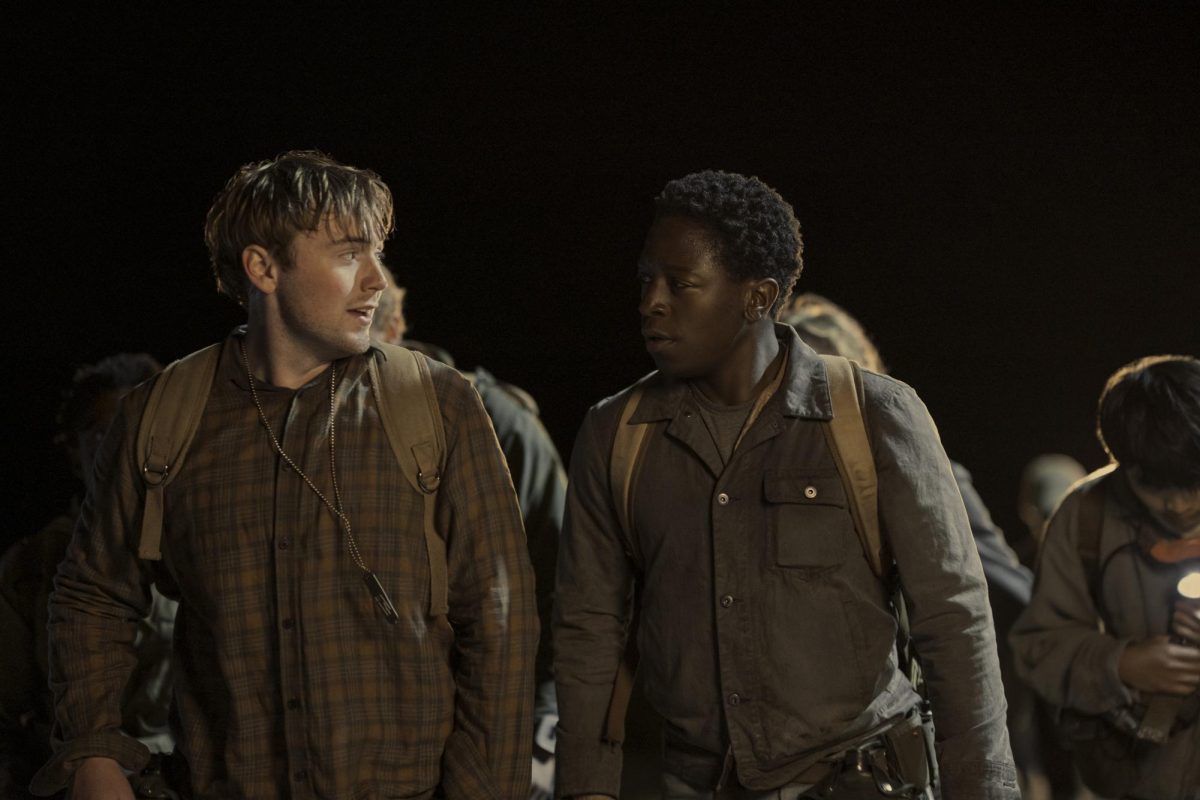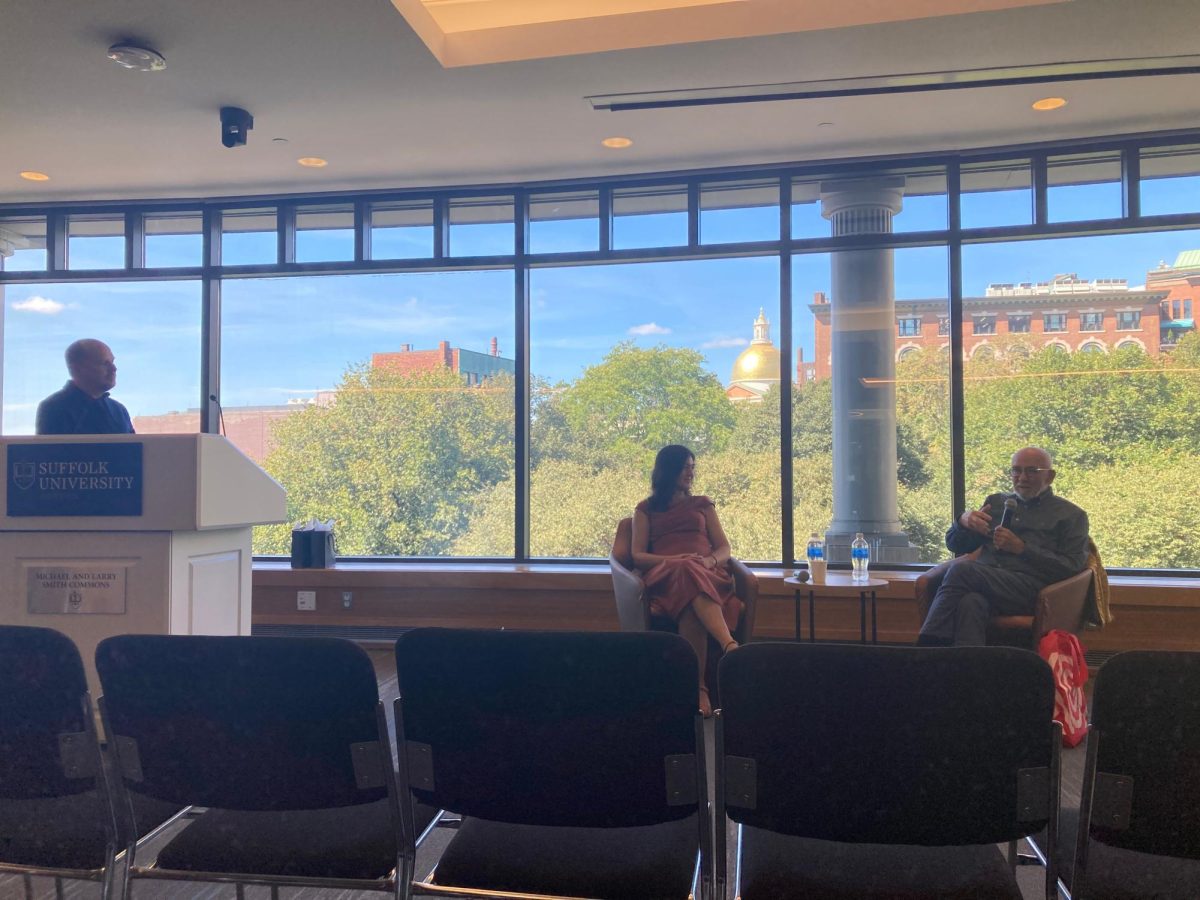Laura Mahony Journal Contributor
The Help, written and directed by Tate Taylor, stars Emma Stone, Viola Davis, Octavia Spencer, Alison Janney, Bryce Dallas Howard, and Jessica Chastain. Based on the novel of the same name by Kathryn Stockett, the story follows the lives of two Jackson, Mississippi housemaids, Aibileen Clark (Davis) and Minny Jackson (Spencer), who are constantly being belittled and beaten [not always just figuratively] by their white authority figures. Trapped in their unforgiving lives, it’s not until a compassionate and caring aspiring white writer named Skeeter Phelan (Stone) comes along that the story begins to unfold and the Civil Rights era of the 1960s is recognized and reflected.
The Civil Rights era of the 60s was a complicated one, but The Help manages to capture its essence without much trouble. The film is simply reflective of the time period through its representation of the plantations, white supremacy and limited rights for African-Americans. The film also depicts the time period well through costumes: the time-appropriate maid uniforms, the classy dresses for elite white women and the everyday suits for white men. Although the prevalent racism and the attitude of white supremacy is reflected quite well within the film, it seems to be a more watered down or sugar-coated version of the brutal ways in which African-Americans were often treated.
As far as the housemaids, Aibileen’s duty is to raise the girls of elite white women who are too busy planning the next party or social climb to raise their own daughters. Minny, on the other hand, works for the most vindictive social leader named Hilly Holbrook (Bryce Dallas Howard) who fires her after many years of faithful service. Her lack of employment brings her into the home of Celia Foote (Jessica Chastain), a clueless blonde who’s just married into the social world and is therefore ridiculed by Hilly and the other “old money.” Celia and Minny form a bond that allows each to grow in their bravery and sense of self. As heartwarming as this is, it unfortunately adds more to the “feel-good” aspect and less to the realities of southern America in the 60s.
Popping up within the confines of the main plot is a subplot surrounding the mysterious manner in which Skeeter’s life-long maid and nanny disappeared while she was away at school. Skeeter relentlessly demands answers from her mother (Alison Janney) though she spends the majority of the film unsuccessful in attaining any, as her mother is unwilling to share the truth with her daughter. The riff this reluctance creates builds even more on the tension within the story. However, toward the end, the mother has a sudden change of heart which brings her and Skeeter closer, ultimately providing another example of how overly idealistic the plot really is.
There is no doubt whatsoever that The Help is emotionally involving. I can’t remember the last time I felt so in touch with the characters I was presented with. You feel like a part of their story as you watch. You can feel the pain in each and every racist remark or action towards these maids just trying to keep work and make a living. In this regard, Taylor proves successful in creating a riveting story that draws the viewers in and locks them into feeling empathetic towards the characters as they evolve. In addition to Taylor’s role, the actresses deserve an immense amount of credit as their performances do a remarkable job of establishing this sense of empathy and enabling the audience to be moved in such a thought-provoking way.
As both an aspiring writer and a genuinely caring young woman, Skeeter makes a point of approaching Aibileen with the idea of telling stories from the perspective of “the help” so that society can get a sense of what they really go through in their daily lives. Aibileen is very reluctant at first because she knows the legal and physical repercussions that would surely ensue if she were caught. However, as with most underdog stories, she quickly comes around and even convinces Minny to get involved as well. Eventually, an even greater number of maids shows up to join the story-telling bandwagon. Skeeter’s compilation of the maids’ stories is what grants them a great sense of liberation. The only problem is that it’s of course still Jackson, Mississippi in the 1960’s, and African-American liberation is still a bit of a ways from reality. It is this that gives off a more fairytale-esque ending than would really have taken place. The ending is too “feel-good” and if the story was adapted more closely, I feel the truths would have shone through in a more realistic light. Instead, it was written in such a way as to provide maximal entertainment value at the expense of some realism. Granted, this is an underdog tale and seeing it as such is crucial in the film’s interpretation.
That being said, why are there only a couple black men even speaking, let alone prevailing? The story is supposed to shine a light on African-Americans as a whole, but that light really only shines on the women—the housemaids in particular. Despite such shortcomings, the story flows fantastically and creates incredibly captivating visuals that don’t fail to entertain.


